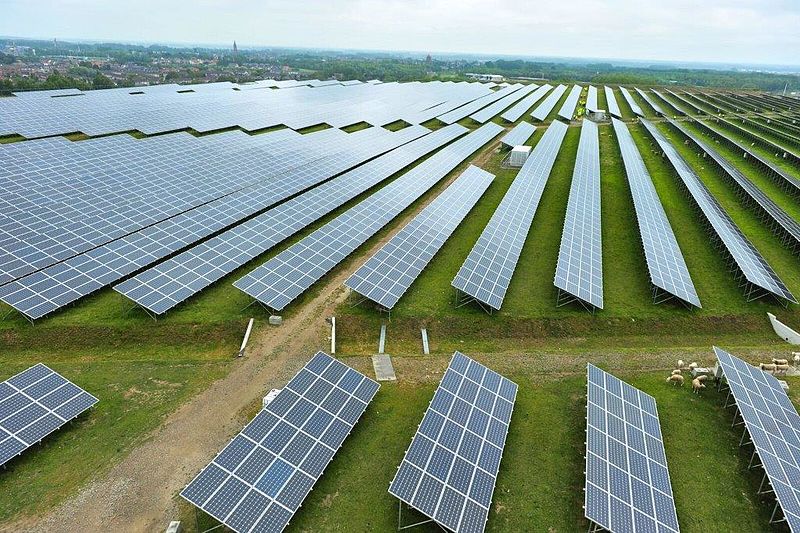
De Standaard reports a significant shift in Belgium's energy landscape, marking the first time in history where renewable energy sources have outpaced fossil fuels in electricity generation.
In 2023, wind and solar energy alone contributed 27.7 percent to the nation's electricity production, showcasing a remarkable surge from 13.4 percent in 2019 and 19.5 percent in 2022.
Calculations from Energy-charts.info reveal that renewables, including solar, wind, biomass, and waste, constituted more than 30 percent of the energy mix for the year. In concrete terms, renewable energy, accounting for 23,460 gigawatt-hours (GWh), surpassed electricity generated from fossil fuels, which stood at 22,150 GWh.
This shift isn't solely attributed to the installation of additional wind turbines and solar panels. It is also a consequence of reduced electricity output following the closure of nuclear reactors Doel 3 and Tihange 2, coupled with a further decrease in overall consumption. Within Belgium, the total electricity production in the past year amounted to 76,900 GWh, marking a 13 percent reduction from the previous year.
The trend of increasing reliance on renewables while reducing fossil fuel-generated electricity mirrors developments in other countries. Germany, for instance, has witnessed a similar shift, with renewables contributing to over 50 percent of electricity production, owing to investments in renewable energy sources and a decline in consumption. Photo by Antalexion, Wikimedia commons.



































